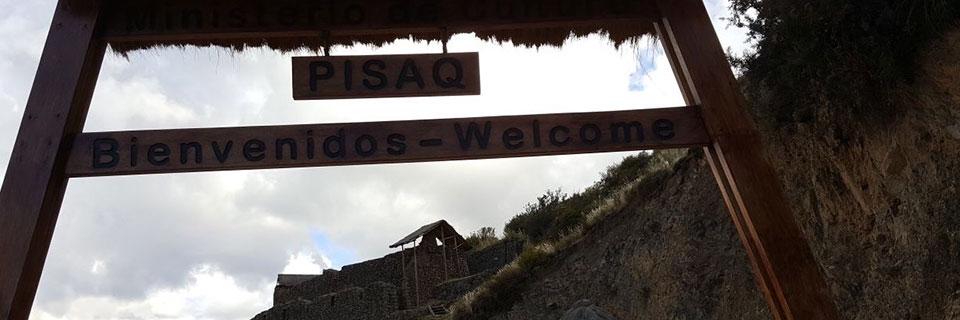For Faculty, Summer Trips Aren't Simply Fun and Games

Summer.
The very word, for many, conjures afternoons by the pool, backyard cookouts, and trips both near and far.
But for many faculty, whose schedules are full during the year with courses, grading, and other responsibilities, the summer months are also a great time to get work done that might not otherwise fit in their schedule.
Martin Stack, Ph.D., professor of management, has a particularly busy schedule —Stack is a visiting professor this summer at Franklin University in Lugano, Switzerland, teaching two courses in June and July to a global group of students. But that’s not all — he’s already traveled to Budapest, Hungary (for fun) and Pilzen, Czech Republic. Anyone who knows Stack can probably do the math on that last one — the namesake city of the popular pilsner beer style. Stack was there for the 2019 Beeronomics conference, featuring other beer scholars from around the world. Stack delivered the keynote address.
“On a personal level, I greatly enjoy traveling to new places and meeting new people. But there is also a significant international dimension to much of my research,” he said. “For example, I have a book chapter coming out titled ‘The Internationalization of Craft Beer’ in an edited volume from Oxford University Press, and I conducted some of the research for this chapter during international travels.”
Stack is not the only faculty member making the most of the summer for academic work. Dave Heller, Ph.D., instructor in exercise and sport science, will be traveling to Calgary, Alberta, Canada, later this summer for a presentation at the annual Congress of the International Society of Biomechanics in conjunction with the 43rd Annual Meeting of the American Society of Biomechanics. Heller is one of four co-authors of a study examining biomechanical responses in the body in patients experiencing long-lasting effects after an ankle sprain.
Heller said he looks forward to these trips. Besides a temporary change of scenery (and, in this case, a chance for this avid trail runner and hiker to visit the Canadian Rockies), Heller said these conferences give him a chance to learn what his colleagues are doing.
“This is cutting edge research that I will incorporate in my classes and in my research with students,” he said. “This is the stuff that is not in textbooks — but will be in five years. It also sparks ideas for my future research as well as providing literature support for my current research.”
Faith Childress, Ph.D., professor of history, will travel to Italy this summer to take in the cultural sites and events, including a pair of operas conducted by famed tenor Placido Domingo in the Roman environs of the Arena di Verona. But even when she’s not traveling for strictly academic purposes, Childress said everything around her still informs her work in the classroom.
“As a historian and teacher, traveling is my chance to see what my students may not have seen yet,” she said. “Traveling abroad causes me to ask different questions about the current and historical contexts of a place and to compare what I know — or think I know — to the insider perspective, where possible. Travel helps me add layers to the history that I teach."







